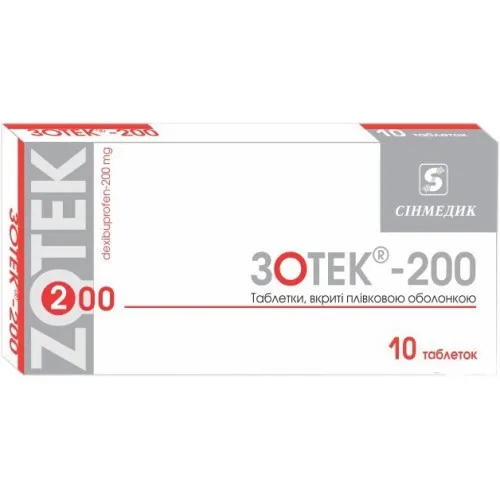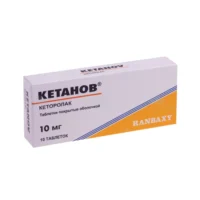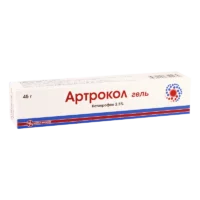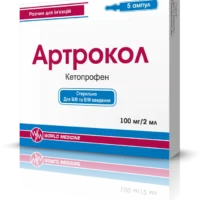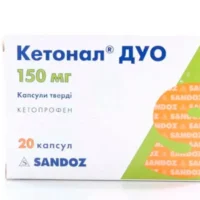Description
Zotec-200 (Dexibuprofen) Coated Tablets 200 mg. №10
Ingredients
Each coated tablet contains 200 mg of dexibuprofen.
Dosage
The recommended dosage is one tablet taken orally, with or without food, every 4 to 6 hours as needed for pain relief.
Indications
Zotec-200 is indicated for the relief of mild to moderate pain such as headaches, dental pain, menstrual cramps, and musculoskeletal pain.
Contraindications
Do not use Zotec-200 if you have a history of allergic reactions to dexibuprofen or other NSAIDs, or if you have active peptic ulcers or gastrointestinal bleeding.
Directions
Swallow the tablet whole with a glass of water. Do not crush, chew, or break the tablet.
Scientific Evidence
Dexibuprofen, the active ingredient in Zotec-200, is a nonsteroidal anti-inflammatory drug (NSAID) that exhibits both analgesic and anti-inflammatory properties. It works by inhibiting the enzyme cyclooxygenase, thereby reducing the production of prostaglandins which are responsible for pain and inflammation.
- Studies show that dexibuprofen provides pain relief comparable to traditional ibuprofen but with potentially fewer gastrointestinal side effects due to its specific enantiomeric structure.
Additional Information
Zotec-200 coated tablets offer a convenient and effective option for managing various types of pain. It is important to follow the recommended dosage and not exceed the maximum daily dose to avoid adverse effects.

